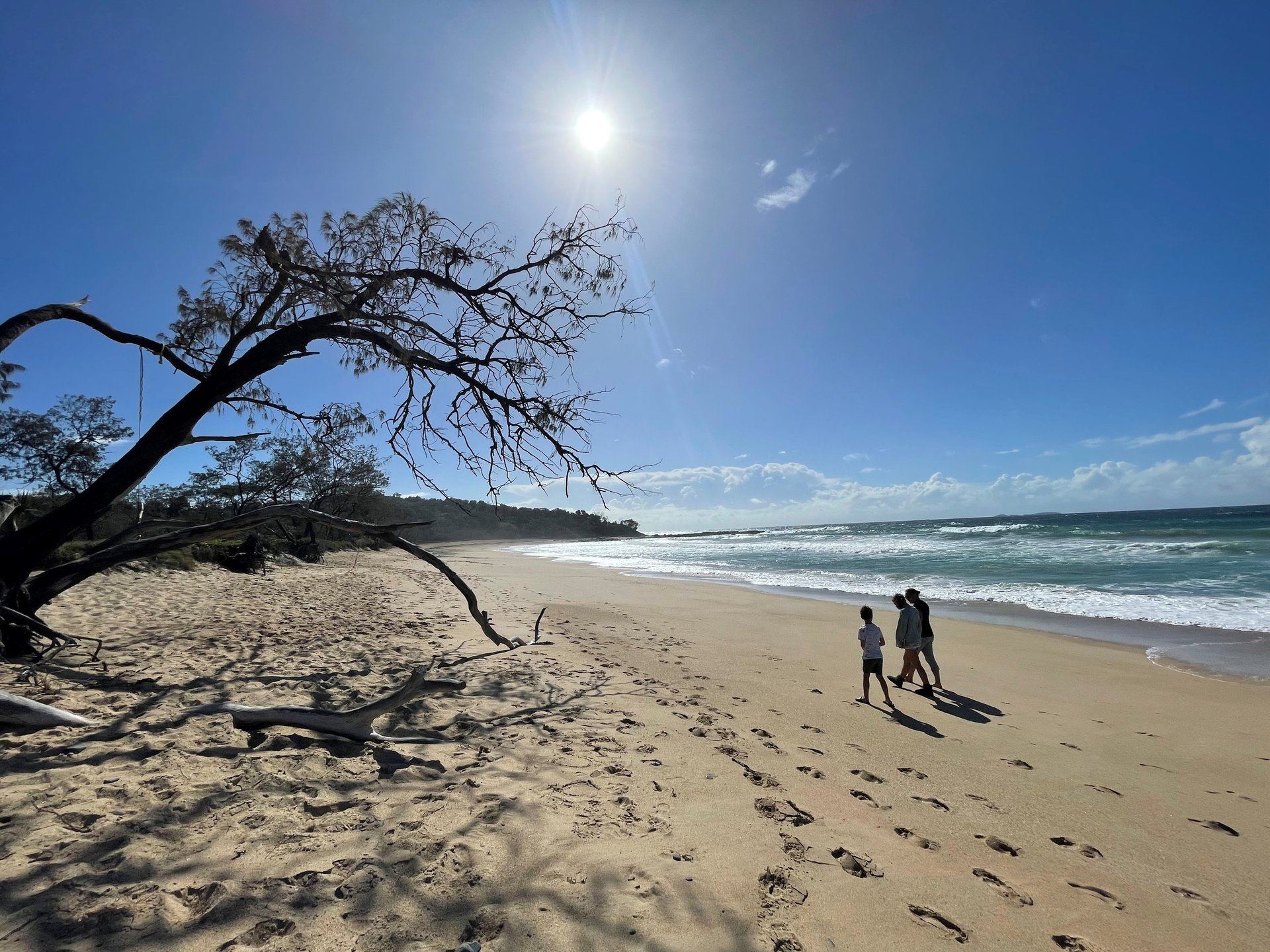
Plastic Waste in the Pacific Ocean
Taking Action for a Cleaner Future
Geaster
5/27/20233 min read


The Pacific Ocean, a vast expanse of beauty and biodiversity, crashing onto our eastern coast line for thousands of kilometres is unfortunately plagued by a severe problem: plastic waste. This growing environmental issue threatens marine life, ecosystems, and the overall health of our planet. However, all hope is not lost. By raising awareness, supporting initiatives like the Pacific Ocean Clean Up, and taking individual action, we can make a significant difference. In this post, we will delve into the dire state of plastic waste in the Pacific Ocean, explore the impact on marine ecosystems, and outline practical steps we can take to combat this problem.
Plastic Waste: A Silent Threat to the Pacific Ocean
Plastic waste is a pervasive and alarming problem in the Pacific Ocean. The region, known for its expansive waters and diverse marine life, has become a repository for discarded plastics, threatening the delicate balance of its ecosystems. It is estimated that millions of tons of plastic waste enter the Pacific each year, carried by ocean currents from coastlines and contributing to massive garbage patches, such as the infamous Great Pacific Garbage Patch. There are many causes that contribute to the plastic ending up in the ocean and there are bigger challenges in stemming the flow at the source that we will not try and tackle here in a short conversation.
The Impact on Marine Life and Ecosystems:
The presence of plastic waste in the Pacific Ocean has devastating consequences for marine life. Sea turtles mistake plastic bags for jellyfish, their main source of sustenance, leading to choking and starvation. Marine mammals, including whales and dolphins, become entangled in plastic debris, causing injuries, suffocation, and death. Additionally, microplastics - tiny fragments of degraded plastic - enter the food chain, posing a threat to the entire marine ecosystem, including fish, seabirds, and even humans.
The Pacific Ocean Clean Up:
A Beacon of Hope: Amidst this environmental crisis, initiatives like the Pacific Ocean Clean Up offer hope for a cleaner future. The project, aimed at removing plastic waste from the Pacific Ocean, combines advanced technologies with innovative solutions to tackle the magnitude of the problem. By supporting and spreading awareness about such initiatives, we can contribute to the vital work of cleaning up our oceans and restoring their natural balance.
Taking Individual Action:
Making a Difference: While global-scale initiatives are crucial, individual actions also play a significant role in addressing plastic waste in the Pacific Ocean. Here are practical steps we can take to contribute to the solution:
Beach Clean-ups: Every time we visit the beach, commit to picking up at least seven items of trash that should not be there, particularly plastic waste. Encourage friends, family, and community members to join in these clean-up efforts to amplify the impact.
Reduce Single-Use Plastics: Minimize the use of single-use plastics in our daily lives. Choose reusable alternatives such as water bottles, shopping bags, and food containers. Opt for eco-friendly products and packaging whenever possible.
Proper Waste Disposal: Ensure proper waste disposal by recycling plastic items. Educate ourselves and others about local recycling programs and guidelines. Additionally, properly dispose of non-recyclable plastics to prevent them from ending up in waterways that lead to the ocean.
Spread Awareness: Use social media platforms, personal conversations, and community events to raise awareness about the dangers of plastic waste in the Pacific Ocean. Share educational resources, articles, and documentaries that shed light on the issue and inspire others to take action.
Support Legislation and Advocacy: Advocate for stricter regulations on plastic production and disposal. Support organizations and campaigns that promote sustainable practices and lobby for responsible waste management policies.
Choose Ocean-Friendly Products: When purchasing personal care products, choose items that are free from microbeads, a common form of plastic pollution. Look for alternatives that use natural exfoliants instead.
Participate in Citizen Science Projects: Engage in citizen science initiatives focused on monitoring and understanding plastic pollution. Contribute to data collection efforts, which can inform policy decisions and drive positive change.
The plastic waste crisis in the Pacific Ocean demands our immediate attention and collective action. By supporting initiatives like the Pacific Ocean Clean Up, raising awareness about the issue, and taking individual steps to reduce plastic waste, we can make a tangible impact. Let's not turn a blind eye to the devastating consequences of plastic pollution but instead be committed for change. Together, we can ensure a cleaner, healthier Pacific Ocean and preserve its breathtaking beauty for generations to come and keep Australian beaches pristine.
